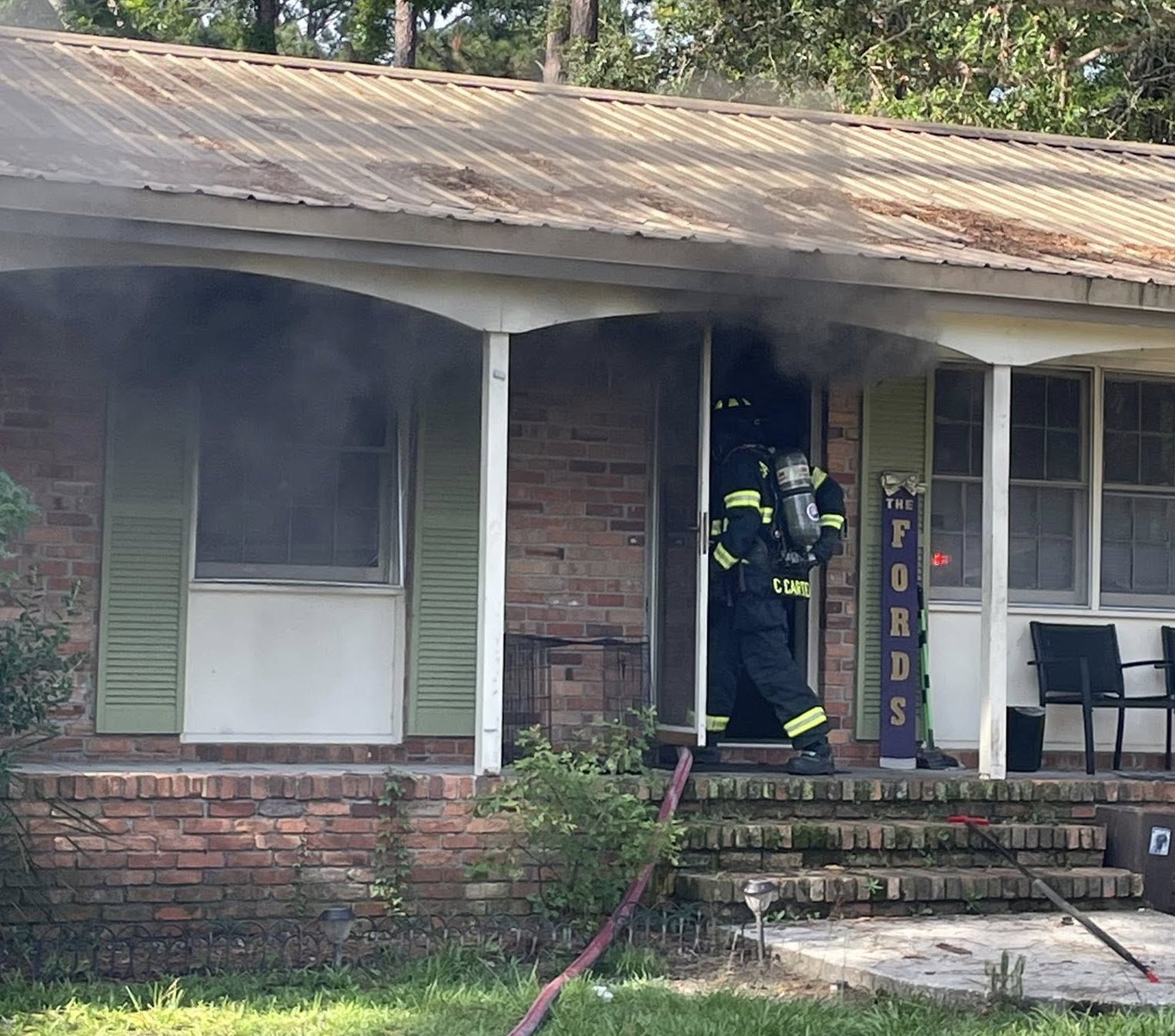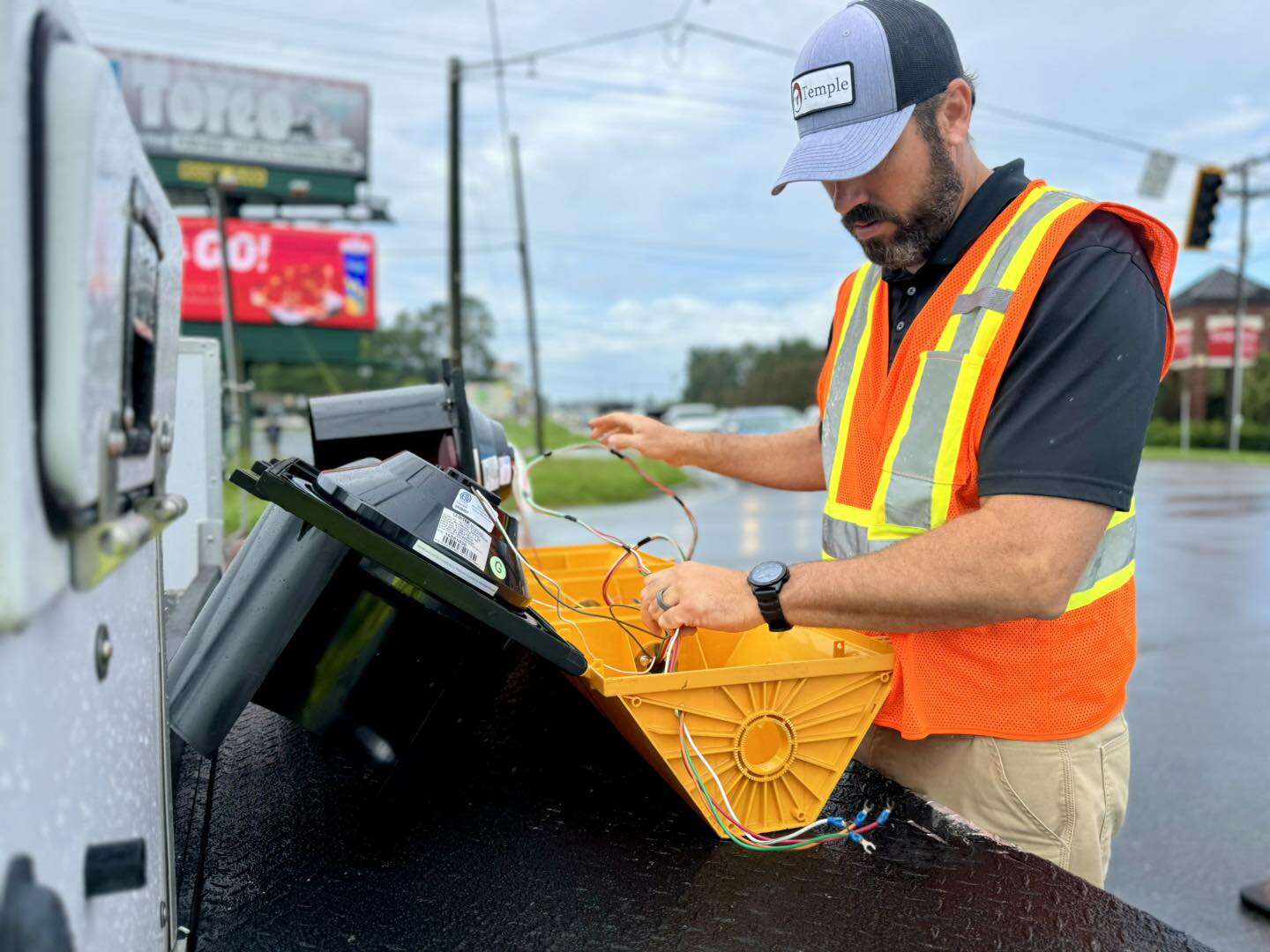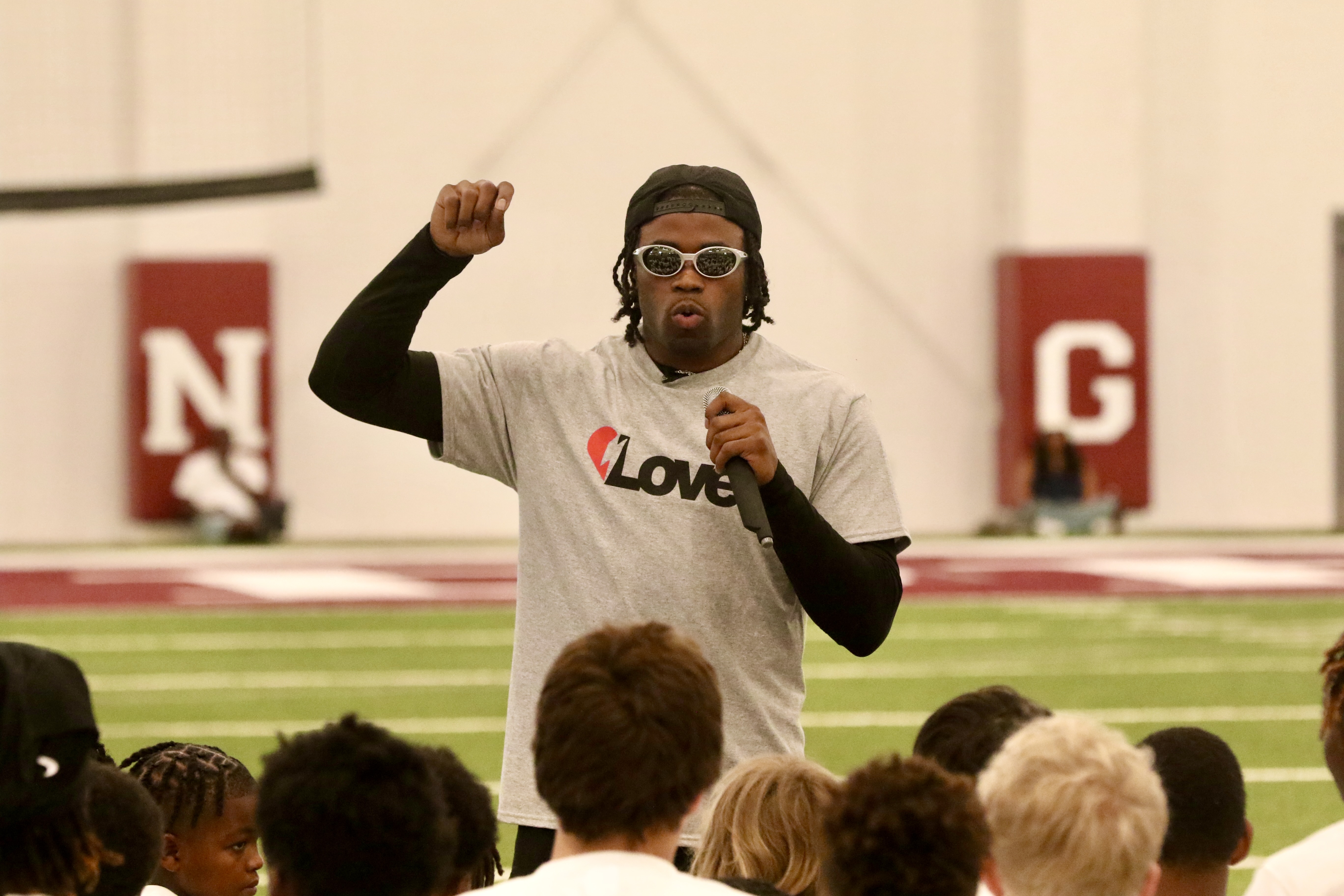Suwannee County is officially wet
Published 5:42 pm Thursday, November 17, 2011

- Wine for sale at a local grocery store. This store and others that may wish to sell liquor by the package have until Thursday, Feb. 9 to apply to have their names put in the double random drawing for a quota liquor license.
Suwannee County businesses with appropriate licenses can now officially start selling alcohol containing more than 6.243 percent of alcohol by volume, with the exception of liquor package sales.
Those wishing to sell spirituous alcoholic beverages, such as liquor, by the package will have to wait until the double random drawing which is scheduled for 2012. More information can be obtained at http://www.myfloridalicense.com/dbpr/abt/index.html.
Right now, folks can purchase beer and wine containing more than 6.243 percent of alcohol by volume at county businesses by purchasing it and consuming it off premises, such as buying it at a local grocery store, or by purchasing it by the drink, such as at a restaurant with a sit down meal.
What happens next for Suwannee County?
No challenges were filed in circuit court to test the legality of the election on Aug. 16 moving Suwannee County to a wet status. Those that may have wanted to file a lawsuit against the election had until close of business at the Clerk of the Circuit Court’s Office in Live Oak, or 4:30 p.m. Tuesday.
Clerk of Circuit Court Barry Baker sent a letter to the Division of Alcoholic Beverages and Tobacco, Bureau of Licensing in Tallahassee stating that there were no challenges to the vote. The letter was signed by Chairman of the Board of County Commissioners Wesley Wainwright, Baker and Suwannee County Judge William F. “Lin” Williams and sent by certified mail on Wednesday to Division Chief Susan Doherty.
According to Sandi Poreda, director of communications for the Department of Business and Professional Regulation, the letter was received Thursday and said that the restrictions to certain licenses were lifted.
The restrictions Poreda refers to are those printed on the 1APS (for off premises sale of beer only), 1COP (for sale by the package or drink of beer only), 2APS (for off premises sale of beer and wine only) and 2COP (for sale by the package or drink of beer and wine only).
A specialty license must be held or obtained in order to sell liquor by the drink.
Those seeking a quota liquor license must submit an application to any Alcoholic Beverage and Tobacco district office. Offices, applications and instructions can be found at http://www.myfloridalicense.com/dbpr/abt/index.html.
Based on Suwannee County’s population, five new quota liquor licenses will be available.
“Persons considered for issuance of these licenses are selected through a double random drawing,” the website states.
According to Poreda, a date has not yet been set on the drawing. However, she said it will be sometime in 2012. Once it has, a notification will be published on the website.
The website describes the process for obtaining a liquor license, as such, “spiritous alcoholic beverages may only be sold by a licensee holding a liquor license. Specialty licenses such as those for restaurants, hotels, golf courses, etc., have specific qualifications which must be met prior to the issuance of these licenses.”
The price for a quota liquor license doesn’t come cheap. To file an application just to get your name or your business’s name in the drawing is $100 or one quarter of the annual license fee, whichever is greater. If you are chosen from the drawing, you must pay a fee of $10,750 for the new liquor license. The annual fee to maintain the license depends on the license and the county’s population.





